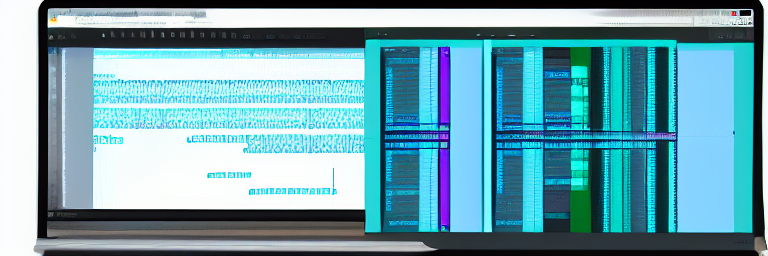Introduction to .NET vs Java
.NET vs Java, two popular programming languages used for creating software applications. Both of these languages have been used in a variety of industries, from finance to healthcare and beyond.
The main difference between .NET vs Java is that .NET is a proprietary language developed and maintained by Microsoft, while Java is an open–source language that is developed and maintained by Oracle. .NET is used primarily for Windows–based applications, while Java is used for cross–platform applications that can run on multiple operating systems.
.NET is a programming language that is designed with object–oriented principles in mind. It uses the .NET Framework, which provides a large library of pre–built components to help developers quickly create applications. .NET also provides several development tools, such as Visual Studio, which allows developers to create and debug applications.
Java is an open–source language that is designed for cross–platform development. It is based on the Java Virtual Machine (JVM) and provides tools such as NetBeans and Eclipse for creating applications. Java is a strongly typed language, which means that it requires the developer to explicitly define the types of data used in the program.
When it comes to performance, Java is generally considered faster than .NET. This is because Java is compiled into bytecode, which is then interpreted by the JVM. By contrast, .NET is compiled directly into machine code, meaning that it must be compiled again when it is run on a different processor architecture. However, this can be improved with .NET’s Just–In–Time compilation.
In conclusion, .NET and Java are both popular programming languages used for creating software applications. While .NET is a proprietary language designed for Windows–based applications, Java is an open–source language designed for cross–platform development. In terms of performance, Java is usually faster than .NET, but this can be improved with .NET’s Just–In–Time compilation.
.NET vs Java Examples
.NET vs Java, both are object–oriented languages, but there are key differences between them.
.NET is a Microsoft–created technology that is only available on Windows systems. It includes a large library of pre–written code that can be used as a starting point for development. It also includes a just–in–time compiler and a garbage collector, which help improve the overall performance of the application.
Java, on the other hand, is an open source language that can be used on any operating system. It is most often used for developing applications that run on the internet or a network. Java is a popular choice for developing mobile applications and enterprise–level applications.
When it comes to flexibility, Java is the clear winner. It can be used to create a wide array of applications, from basic desktop applications to large enterprise–level systems. It also supports a variety of databases, which makes it a good choice for developing highly complex applications. .NET, on the other hand, is limited to Windows–based applications and is not as flexible when it comes to developing larger–scale applications.
When it comes to security, .NET is the clear winner. It is designed with security in mind and has built–in features that help prevent malicious attacks on applications. Java, on the other hand, requires additional security measures to be taken, such as encrypting data and using secure authentication methods.
Finally, when it comes to cost, Java is the clear winner. It is an open source language and is available for free, while .NET requires a license to use. This makes Java a much more affordable option for software developers.
Considerations
When it comes to deciding between .NET vs Java, there are a few key considerations to keep in mind.
1. Cost: .NET is a proprietary technology from Microsoft, so you need to purchase a license to use it. Java, on the other hand, is an open–source technology, so there are no licensing costs associated with it.
2. Developer skills: .NET requires developers to have a thorough understanding of Microsoft technologies, while Java is more accessible to non–Microsoft developers.
3. Performance: .NET is known to be faster and more reliable than Java, but Java is also capable of running complex applications.
4. Security: .NET has advanced security features that make it better suited for enterprise applications, while Java is better for more basic applications.
5. Platforms: .NET is only available on Windows platforms, while Java is available for a wide variety of platforms.
6. Tools: .NET has a wide range of tools for creating applications, while Java has fewer options.
Ultimately, the decision of which technology to use will depend on the specific needs of your project and the skills of your developers. If cost is a major factor, then Java might be a better choice. If speed and reliability are important, then .NET might be a better option. Ultimately, the choice between .NET and Java is a personal one.
Future Outlook
The future outlook of .NET vs Java is a complex one. Both platforms are widely used and have their own advantages and disadvantages. In the short term, both .NET and Java will continue to be used for the development of many different types of applications, including web, mobile and desktop.
In the long term, .NET is likely to be the preferred choice for many developers due to its integration with Microsoft’s Windows operating system and its user–friendly nature. Java, on the other hand, may remain the language of choice for developers looking to work in an open source environment or who need a language that is more cross–platform compatible.
Regardless of which platform is chosen, both .NET and Java will remain popular and powerful development languages in the coming years. Developers will be able to choose which platform is best for their needs and will continue to benefit from the advancements made to both platforms.

